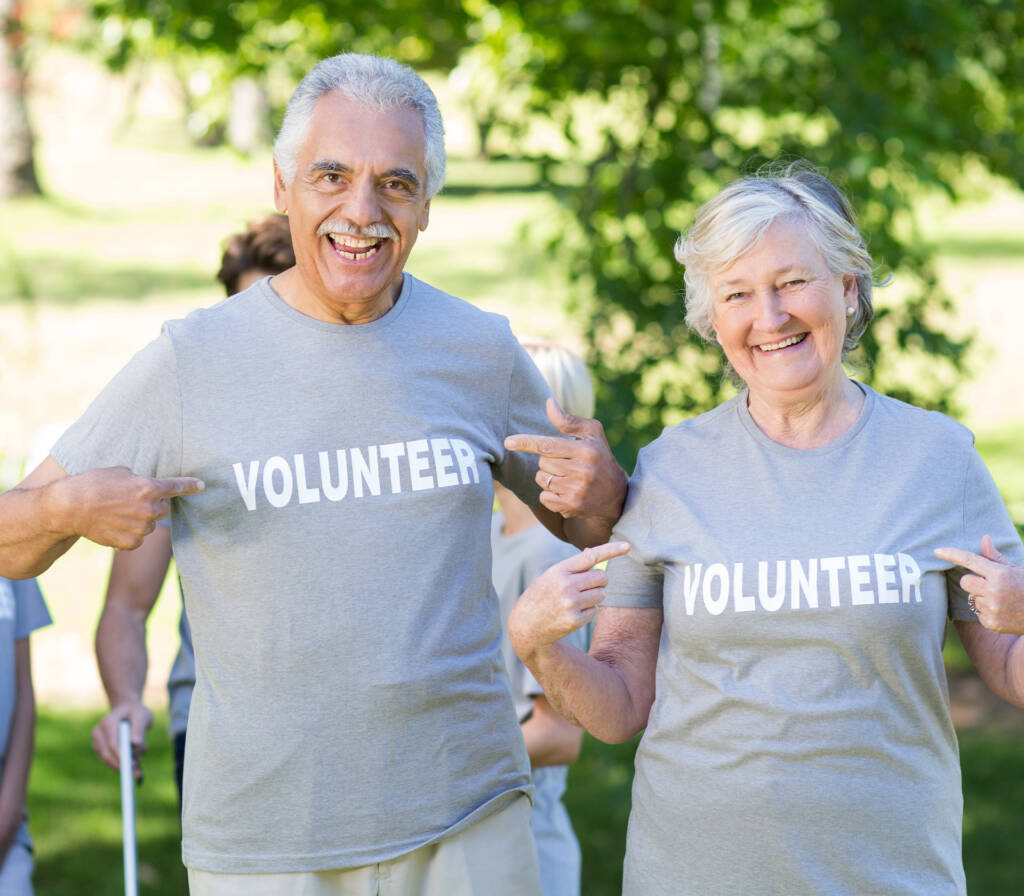
Independence with Advancing Age
Becky Salazar, Egyptian Area Agency on Aging
I think most would agree that being able to make your own decisions and live in your own home is one of the best gifts in life one can receive. Older persons often have to move in with children, accept help in the home, or move to an assisted living facility or nursing home when remaining at home without an intervention is no longer safe. It is difficult for everyone involved when this happens, as most people would choose to remain independent.
It is important to keep in mind what aids maintaining independence as we age. Independence is closely linked with overall health and mental well-being.1 Physical issues, including poor mobility, range of motion difficulties, and poor health, due to blood pressure, heart, or blood sugar, often threaten our independence. Although genetics play a part, maintaining physical health with good nutrition, adequate exercise, and regular check-ups at the doctor can go a long way. Mental health is also important for maintaining independence. Socialization, getting out of the house, and relaxation are important for maintaining cognition and mood.
Recommendations for maintaining independence as one ages include safety, connectedness, use of technology, and self-empowerment.1 Safety involves all aspects of fall prevention, reducing driving at night when vision does not allow, and not driving when no longer safe to do so. Connectedness can be found through family, friends, neighbors, and church members. If family is out of the area, people can reach out via phone or email. The important part is to have meaningful interactions to reduce loneliness.
In regards to technology, technology allows people to interact by video, attend doctor appointments, connect to social groups, and participate in specific interests. Technology also provides improved assistive devices that allow people to do more activities related to daily living tasks and mobility. Even people who do not use computers or smart phones can benefit from advances in technology in the home or community.
Additionally, personal empowerment aids independence. Self-empowerment is the ability to feel capable of accomplishing things on your own, as well as asking for help when needed. Any time you are able to communicate your needs and ask for things is empowering, as well as being able to do things for yourself with or without assistance. Self-empowerment is essential to independence as it increases confidence in speaking up and trying new things or dealing with change.
In reality, there are degrees of independence. Everyone’s situation is different, but improving one’s independence is possible keeping in mind some of the things discussed above. It can be frustrating to lose control in areas of life. Family and friends should be sensitive to acknowledge the difficulty of losing independence and assist in finding ways to help the person maintain autonomy in other areas. Checking in with senior service providers may be helpful to find out resources that may help in maintaining independence. Egyptian Area Agency on Aging or your local senior center will try to help if you have questions. You can call our office at 618-985-8311 or visit our website for various articles and resources at www.egyptianaaa.org.1https://web.stanford.edu/~hazelm/publications/2010%20Kitayama%20et%20al%20Independence%20and%20interdependence%20predict%20health%20and%20wellbeing
